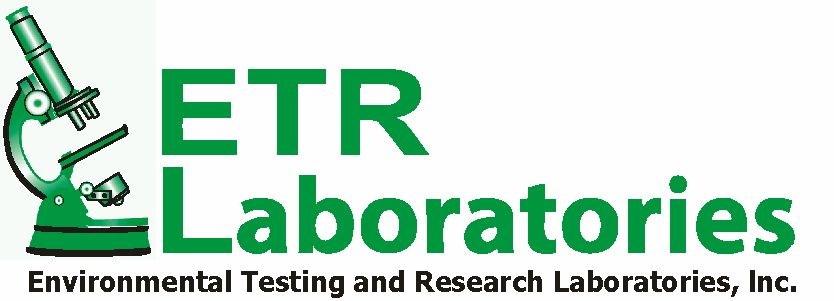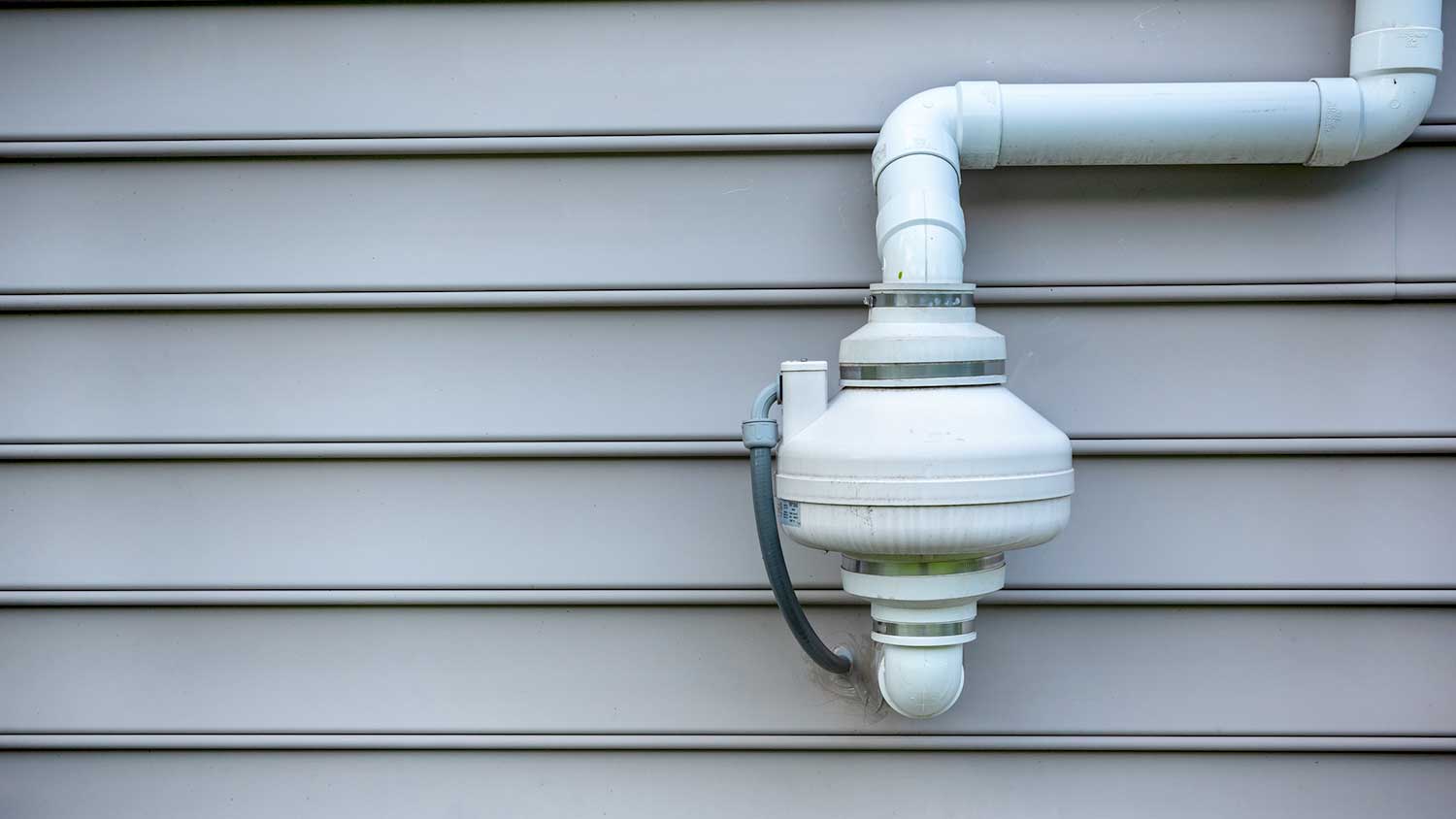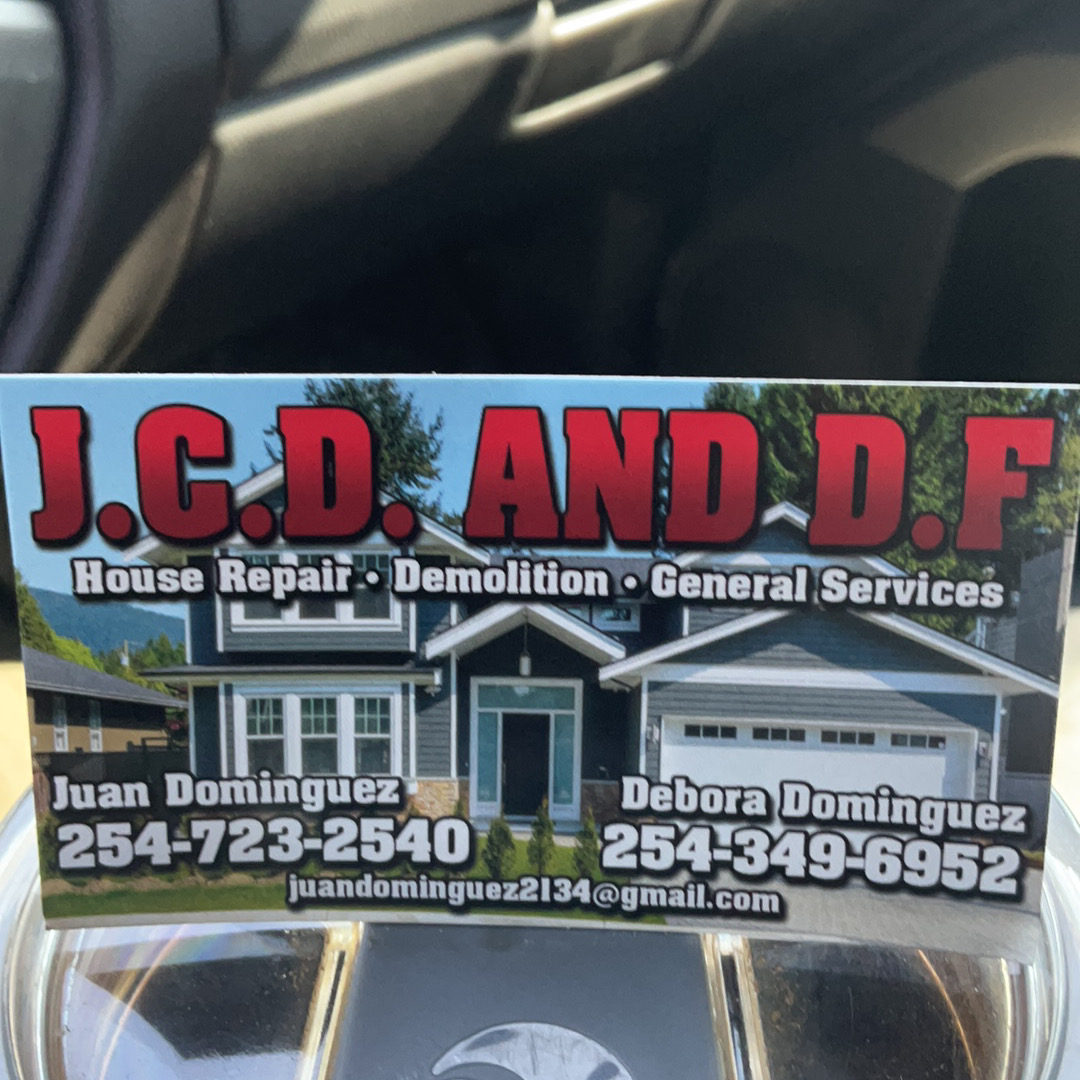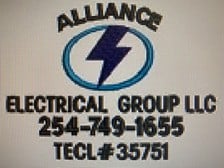
Get matched with top radon detection and reduction specialists in Jonesboro, TX
Enter your zip and get matched with up to 5 pros
Need a pro for your radon detection and reduction project in Jonesboro, TX?
Verified Reviews for Radon Detection And Reduction pros in Jonesboro, TX
*The Angi rating for Radon Detection And Reduction companies in Jonesboro, TX is a rating based on verified reviews from our community of homeowners who have used these pros to meet their Radon Detection And Reduction needs.
*The HomeAdvisor rating for Radon Detection And Reduction companies in Jonesboro, TX is a rating based on verified reviews from our community of homeowners who have used these pros to meet their Radon Detection And Reduction needs.
Last update on January 10, 2026
Find Radon detection and reduction specialists in Jonesboro

Environmental Testing & Research Laboratories, Inc
Environmental Testing & Research Laboratories, Inc
ETR Laboratories in an analytic laboratory with a broad range of commercial, industrial and individual clients. We provide analytic services using a wide variety of scientific methods including GC/MS, IC/MS, GIR, NMR and SEM equipment. We can do particle analysis, organic and inorganic chemical analysis and micro analysis on biological and other materials. Private water analysis is our specialty. Award winning. Additional DBA - Environmental Testing & Research Laboratories Inc, ETR Labs, ETR Laboratories.
"as advertised"
Nancy C on July 2018
ETR Laboratories in an analytic laboratory with a broad range of commercial, industrial and individual clients. We provide analytic services using a wide variety of scientific methods including GC/MS, IC/MS, GIR, NMR and SEM equipment. We can do particle analysis, organic and inorganic chemical analysis and micro analysis on biological and other materials. Private water analysis is our specialty. Award winning. Additional DBA - Environmental Testing & Research Laboratories Inc, ETR Labs, ETR Laboratories.
"as advertised"
Nancy C on July 2018
The Jonesboro, TX homeowners’ guide to radon detection and reduction services
From average costs to expert advice, get all the answers you need to get your job done.

Get clear answers on how much radon remediation costs, including average prices, key cost factors, and tips to save money on your home’s radon mitigation.
 •
•Discover the average indoor air quality testing cost, what impacts pricing, and how to budget for healthier air in your home.
 •
•Find out what impacts radon testing costs, including average prices for DIY kits and professional services, so you can protect your home and budget confidently.

How long does a radon mitigation system last? A properly installed and maintained system can last 20 years or more, but various issues can reduce the life span.

Radon can seep into your home through cracks and small openings. Here's how to get rid of radon and why you need to do it.

What is radon gas? Find out what this radioactive gas is, why it is dangerous, how it gets in your home, and how to mitigate it.
- Gatesville, TX Radon detection and reduction specialists
- Valley Mills, TX Radon detection and reduction specialists
- Crawford, TX Radon detection and reduction specialists
- Mcgregor, TX Radon detection and reduction specialists
- China Spring, TX Radon detection and reduction specialists
- Fort Hood, TX Radon detection and reduction specialists
- Moody, TX Radon detection and reduction specialists
- Woodway, TX Radon detection and reduction specialists
- Lorena, TX Radon detection and reduction specialists
- Copperas Cove, TX Radon detection and reduction specialists
- Eddy, TX Radon detection and reduction specialists
- Killeen, TX Radon detection and reduction specialists
- Hewitt, TX Radon detection and reduction specialists
- Bruceville, TX Radon detection and reduction specialists
- Bruceville Eddy, TX Radon detection and reduction specialists
- Beverly Hills, TX Radon detection and reduction specialists
- Waco, TX Radon detection and reduction specialists
- Harker Heights, TX Radon detection and reduction specialists
- Lacy Lakeview, TX Radon detection and reduction specialists
- Gholson, TX Radon detection and reduction specialists
- Bellmead, TX Radon detection and reduction specialists
- Nolanville, TX Radon detection and reduction specialists
- Troy, TX Radon detection and reduction specialists
- Kempner, TX Radon detection and reduction specialists
- Plumbing in Jonesboro
- Septic Tank in Jonesboro
- Tree Service in Jonesboro
- Lawn And Yard Work in Jonesboro
- Foundation Repair in Jonesboro
- Kitchen And Bath Remodeling in Jonesboro
- Home Builders in Jonesboro
- Concrete Driveways in Jonesboro
- Windows in Jonesboro
- Mulch And Topsoil in Jonesboro
- Dumpster Rental in Jonesboro
- Electrical in Jonesboro
- Exterior Painting in Jonesboro
- Hardwood Flooring in Jonesboro
- Plumbing in Jonesboro
- Roofing in Jonesboro
- Tree Service in Jonesboro
- Electrical in Jonesboro
- Kitchen And Bath Remodeling in Jonesboro
- Fencing in Jonesboro
- Lawn And Yard Work in Jonesboro
- Swimming Pools in Jonesboro
- Landscaping in Jonesboro
- Pest Control in Jonesboro
- Moving in Jonesboro
- Garage Doors in Jonesboro
- Foundation Repair in Jonesboro
- Cleaning in Jonesboro
- Handyman Service in Jonesboro
- Concrete Repair in Jonesboro
- 🌱 "Mow a small front yard"
- 🛠 "Fix a leaking pipe under the sink"
- 🏠 "Repair shingles on an asphalt roof"






